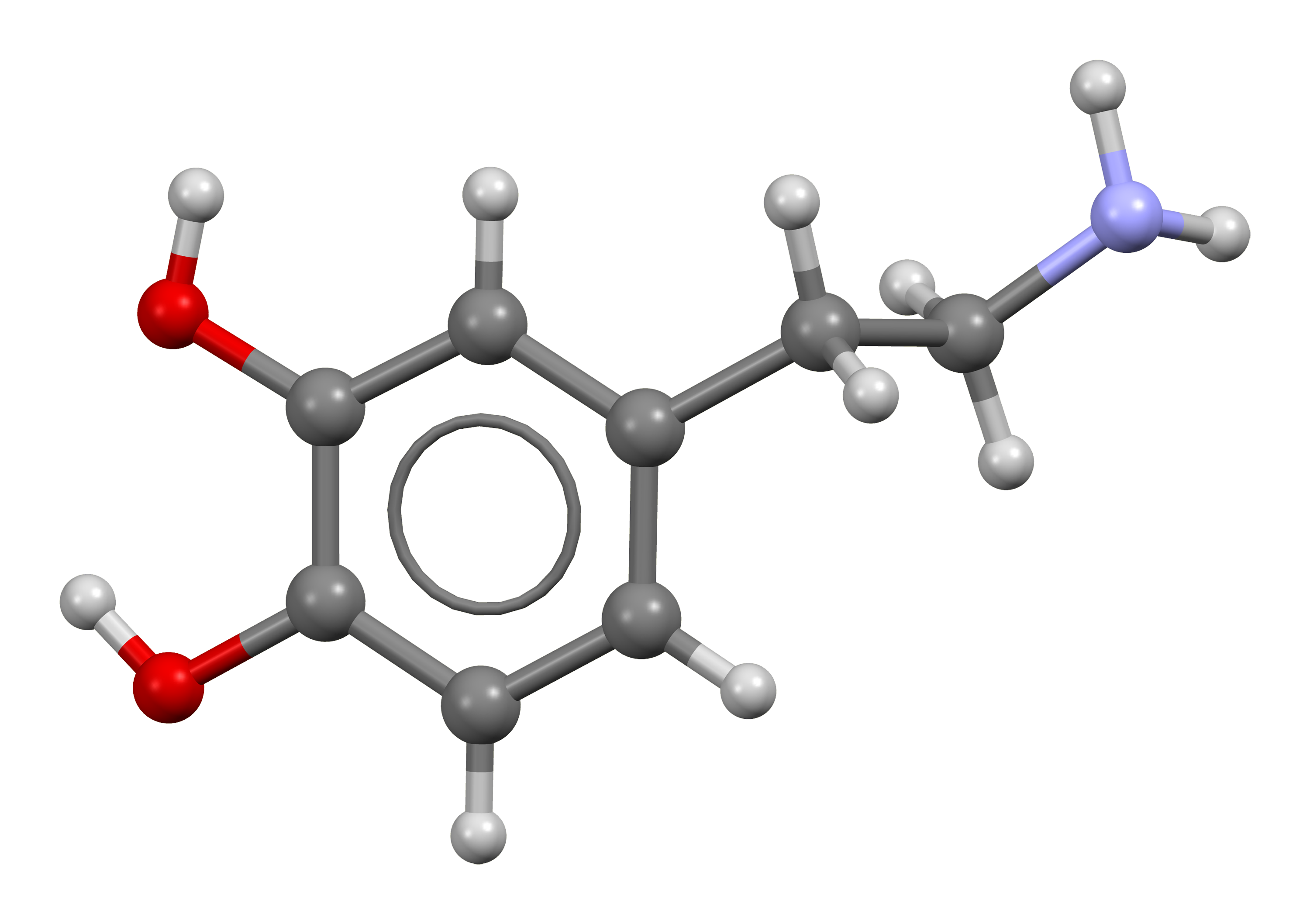Introduction to Dopamine
- Introduction to Neurotransmitters
- The Role of Dopamine
- The Role of Serotonin
- Interplay of Dopamine and Serotonin
- Competing Actions
- Collaborative Actions
- Conflicting Actions on Same Behaviors
- Complexity in Neuronal Combinations
- The Impacts of Therapeutic Drugs on Dopamine and Serotonin
- Dopamine, Serotonin and Mental Health
- Dopamine, Serotonin and Cognitive Functioning
- Settings, Synaptic Plasticity and Sensitization
- Prospects and Challenges in Dopamine & Serotonin Research
Dopamine, Serotonin and Cognitive Functioning
Dopamine, Serotonin, Memory and Learning

Organic chemical that functions both as a hormone and a neurotransmitter.
Neurotransmitters play a crucial role in the functioning of the human brain, particularly in the areas of memory and learning. Two of the most significant neurotransmitters in this regard are dopamine and serotonin.
Role of Dopamine and Serotonin in Memory Formation
Dopamine and serotonin are both involved in the process of memory formation. Dopamine is primarily associated with the reward system of the brain and plays a significant role in the consolidation of long-term memories. It helps to reinforce the neural pathways that are formed when we learn something new, making it easier to recall that information in the future.
Serotonin, on the other hand, is involved in the regulation of mood, appetite, and sleep, among other things. It also plays a role in memory, particularly in the retrieval of memories. Research has shown that increased levels of serotonin can enhance the recall of positive memories, while decreased levels can impair memory retrieval.
Impact on Different Types of Memory
Dopamine and serotonin influence different types of memory in different ways. For instance, dopamine is particularly important for working memory, which involves the short-term storage and manipulation of information. It helps to maintain relevant information in the mind while irrelevant information is discarded.
Serotonin, meanwhile, has been found to influence both short-term and long-term memory. It can affect the consolidation of long-term memories, as well as the retrieval of short-term memories. It also plays a role in episodic memory, which involves the recall of specific events and experiences.
Influence on Learning Processes
Dopamine and serotonin also play crucial roles in learning. Dopamine is involved in reward-based learning, where it helps to reinforce the association between a particular action and a positive outcome. This makes it more likely that the action will be repeated in the future.
Serotonin, meanwhile, is involved in associative learning, where it helps to form connections between different stimuli. It also plays a role in the inhibition of learned responses, which can be important for unlearning incorrect or harmful behaviors.
Case Studies: Memory Disorders and Dopamine and Serotonin
Various memory disorders have been linked to imbalances in dopamine and serotonin. For instance, conditions such as Parkinson's disease and Alzheimer's disease, which are characterized by memory loss, have been associated with decreased levels of dopamine. Similarly, conditions such as depression, which can impair memory, have been linked to decreased levels of serotonin.
In conclusion, dopamine and serotonin play crucial roles in memory and learning. They help to form, consolidate, and retrieve memories, and they facilitate various types of learning. Understanding these roles can provide valuable insights into the functioning of the human brain and may lead to new treatments for memory disorders.